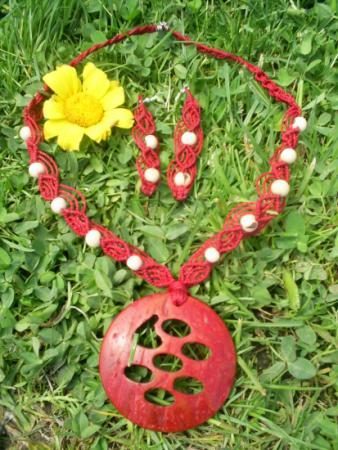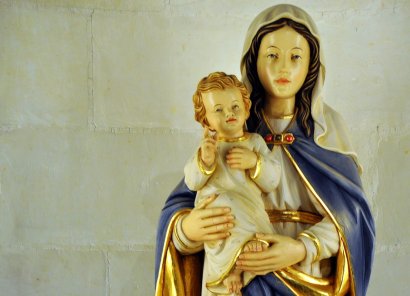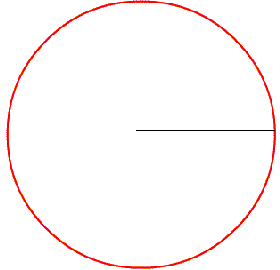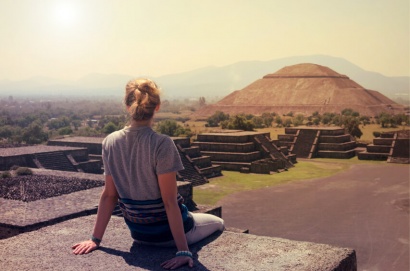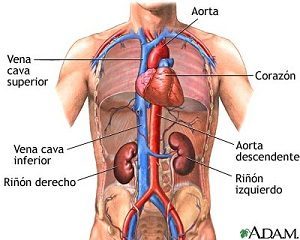 The word ancestor is used to refer to a previous individual in our family, the one from which we descend, that is, one who has lived in a time prior to ours or who was born before us but is probably contemporary to us.
The word ancestor is used to refer to a previous individual in our family, the one from which we descend, that is, one who has lived in a time prior to ours or who was born before us but is probably contemporary to us.
Although the idea of 'ancestor' usually makes us think of people belonging to our family or group of relatives from many previous generations, our same father or mother already acts as our ancestor both in genetic terms and in social and cultural terms .
Now, with the term we can refer to the ancestors of an individual but also to those of a people, community or species, and that as such they originated a descendant.
Conveys a genetic and cultural identity
Always, the human ancestor bequeaths us a genetic and cultural identity that will of course be transmitted physically but also through orality and documents.
The ancestor can be both the one who started the line of descent in which we appear, as well as the person directly before us. The ancestor is someone who is before us with whom we maintain a genetic and social bond of indestructible union. This is so on an individual level, but the ancestor can also be the common ancestor of many families that branch out over time. One can even speak of a common ancestor for all Humanity and that is where the line of descent must turn until the beginning, at which point the first hominids began to show differences with the monkeys.
The relationships we establish with our ancestors
The relationship that a person can establish with their ancestors occurs on many levels. In the first instance, the genetic link is one that is truly indestructible since such information (contained in DNA) cannot be changed, altered or forgotten. It remains the same regardless of the social or cultural changes that occur between such people. Second, the bond is strengthened by becoming a social and cultural bond since there the person becomes aware of the existence of the relationship and can seek to maintain or break it at least in daily practice.
The man was always interested in inquiring about his ancestors
The search in relation to the ancestors is something that has always interested the human being because, in addition to allowing him to understand the social group to which he belongs, his own family for example, it is what gives him identity and history on a more general level, that is at the species level, let's say. It is what differentiates it from others and that gives it a space of belonging to which to integrate in numerous ways and aspects, that is why it has always been a topic of interest and research so relevant for the human being.
The focus that science places on our ancestors, as a human species, has the intention of discovering where we come from and in a way that knowledge also allows us to explain today and quantify everything that we have advanced as a species.
The same thing more or less happens at the individual level, people, we are also interested in knowing precisely where we come from and for this we have to dive into the knowledge of the ancestors that made up and made our family.
Valuation and worship of ancestors in the past
In the remote past the ancestors have enjoyed a superlative value, even rituals and cults were carried out to recognize that value and also to guarantee them a life beyond this world. Among the Romans, for example, the cult of family ancestors knew how to be very popular and common in this civilization, and that it was added to the already traditional and classic of the gods.
At present, the cult of the ancestors is not so recurrent, in the western world it is practically non-existent, although in civilizations such as India and the East it is still in force.
Unfortunately today, except in the cultures just mentioned, there is no tremendous appreciation for the elderly, our immediate ancestors, but quite on the contrary, there is a lot of discrimination against the old, when the opposite should happen, value those years that they hold and be translated as acquired experience that is very valuable to transmit to the youngest.
